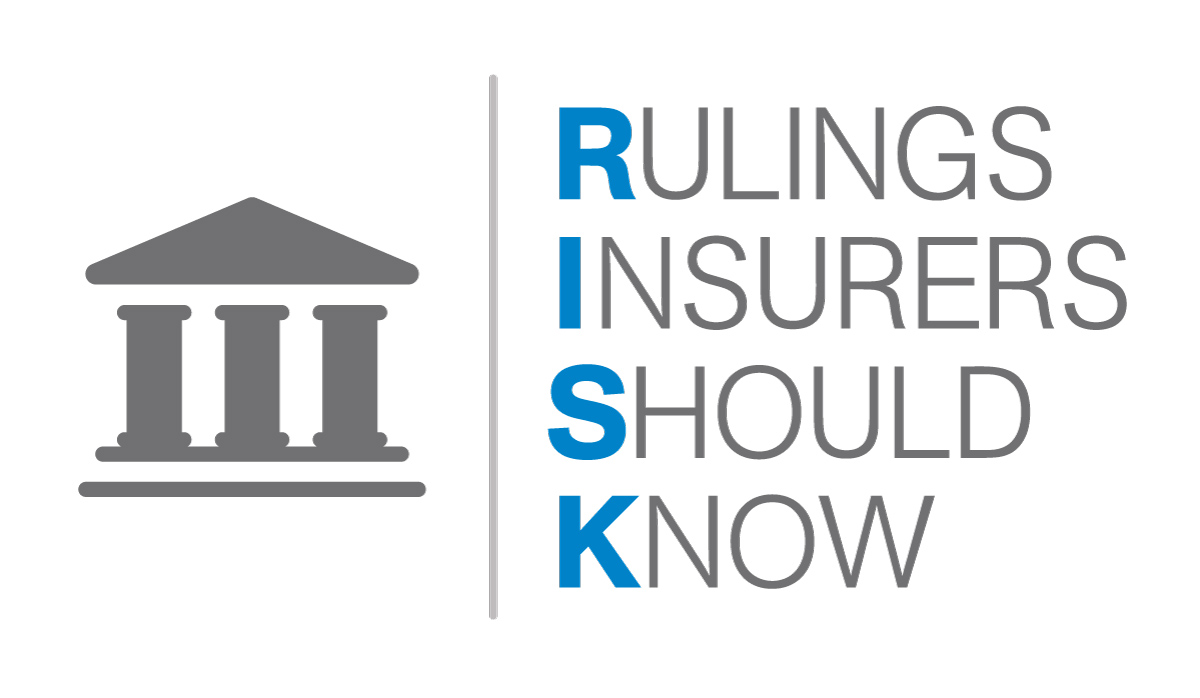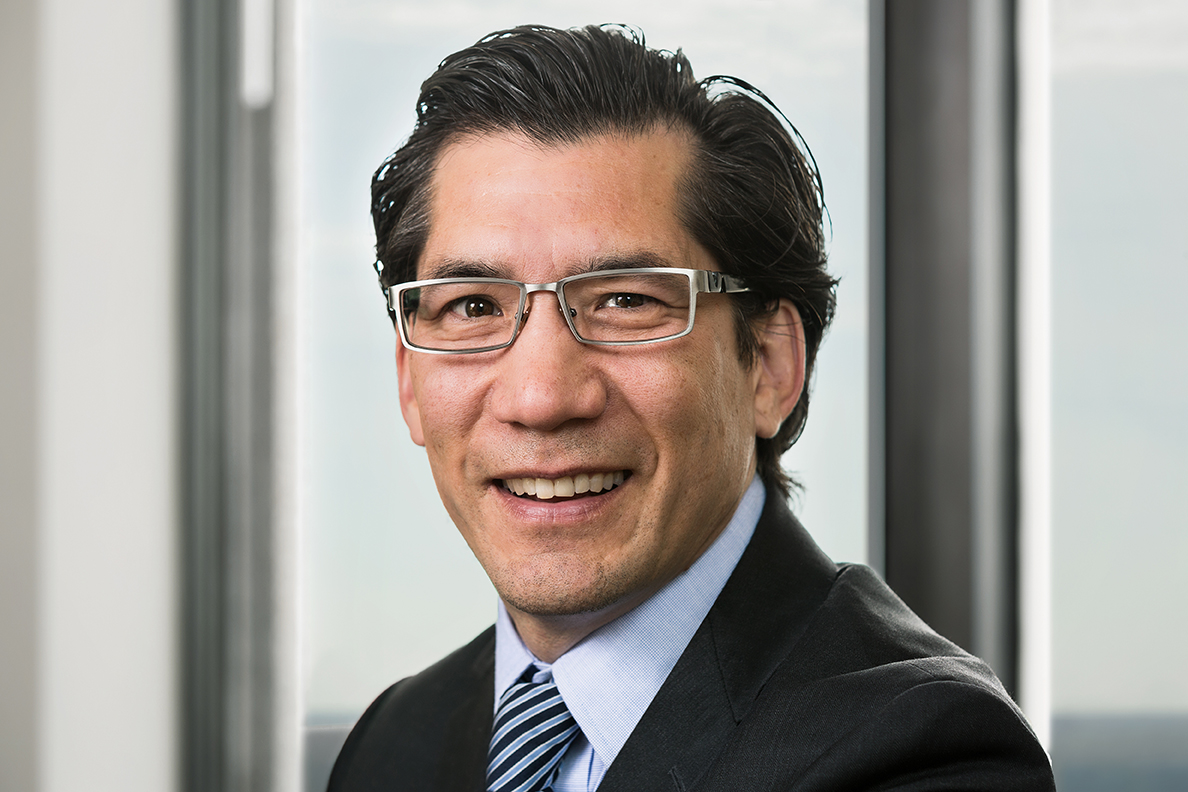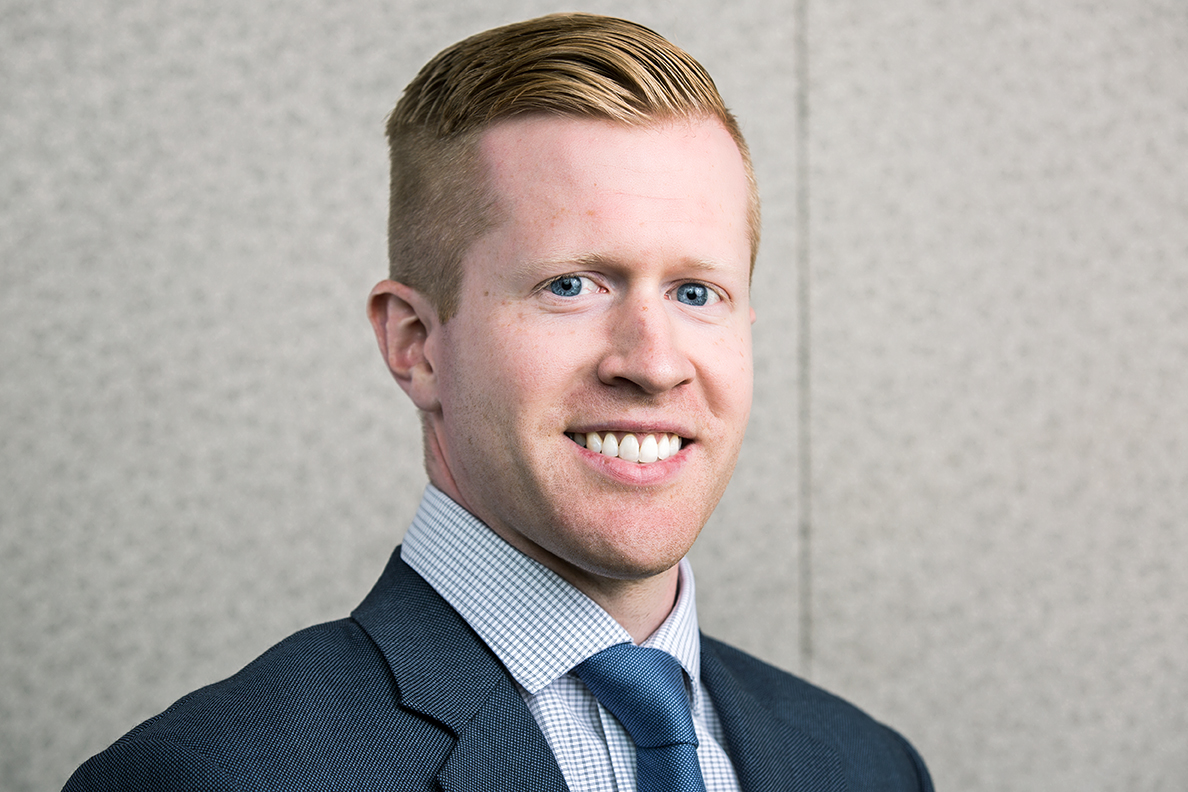Putting the “Hired Gun” Back in the Holster

Daggitt v Campbell, 2016 ONSC 2742
This was a motion brought by the defendant seeking an independent medical examination of the plaintiff with a psychiatrist pursuant to section 105 of the Courts of Justice Act and Rule 33 of the Rules of Civil Procedure (Rules). This case stems from a motor vehicle accident in which the plaintiff suffered injuries and was diagnosed with depression.
The two main issues in this case were:
- Whether the plaintiff should be required to undergo an independent medical examination by a psychiatrist, and
- If so, should that examination be conducted by a specific doctor?
The Court stated that the purpose of ordering a further independent medical examination is to put the parties on equal footing. To order such an examination, which is highly intrusive, there must be evidence of unfairness and necessity.
The Court ultimately denied the defendant’s motion. It held that such an assessment is neither warranted nor legitimate. The Court found no evidence from an appropriate health practitioner as to why a psychiatric assessment is necessary and what it could add to this case. Additionally, ordering the examination would cause needless expense and delay, especially given that the trial was scheduled to commence within a few months.
Although the motion was decided on the first issue, the key takeaway from this case comes from Justice MacLeod-Beliveau’s comments in obiter dicta regarding the second issue and whether or not to allow a specific doctor to conduct a psychiatric examination for the defence.
MacLeod-Beliveau J. stated that when an expert is notably partisan, acts as judge and jury, advocates for the insurer rather than being impartial, is not credible, and fails to honour the undertaking to the court to be fair, objective, and non-partisan under Rule 4.1.01, it directly affects a party’s right to a fair trial. MacLeod-Beliveau J. proceeded to discuss and list a number of cases in which this particular doctor was found not to be a credible witness and failed to honour his obligation and written undertaking to be fair, objective and non-partisan.
According to Justice MacLeod-Beliveau, the recent changes to the Rules requiring experts to undertake to the court to be fair, objective, and non-partisan has been ineffective in preventing the use of certain biased “hired guns” by the parties. As it stands currently, the consequences of an expert failing to honour this undertaking under the Rules is simply criticism from the court. There is nothing to prevent that same expert from being retained in the future and repeating the process over again in other trials.
Rule 33.02 provides that the court shall name the health practitioner who shall conduct the independent medical examination. Justice MacLeod-Beliveau opined that the court should exercise its discretion to determine whether or not a proposed health practitioner is biased in favour of a party on the balance of probabilities and therefore fails to qualify as an expert under Rule 4.1.01. The court would therefore not name a particular health practitioner if that health practitioner failed to meet the criteria set out in Rule 4.1.01 on the basis of bias.
What the Insurer Should Know
While it does not happen often, the court can take note of an expert’s treatment at the hands of other courts. Where the expert has been found to be biased previously, that could affect their ability to serve the court as an expert in subsequent proceedings.
 |
 |
| Mitch Kitagawa | Kentt Coburn, Articling Student |



